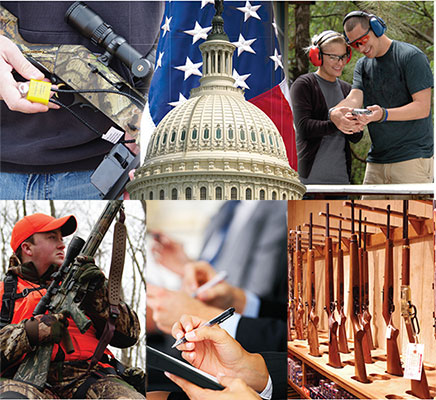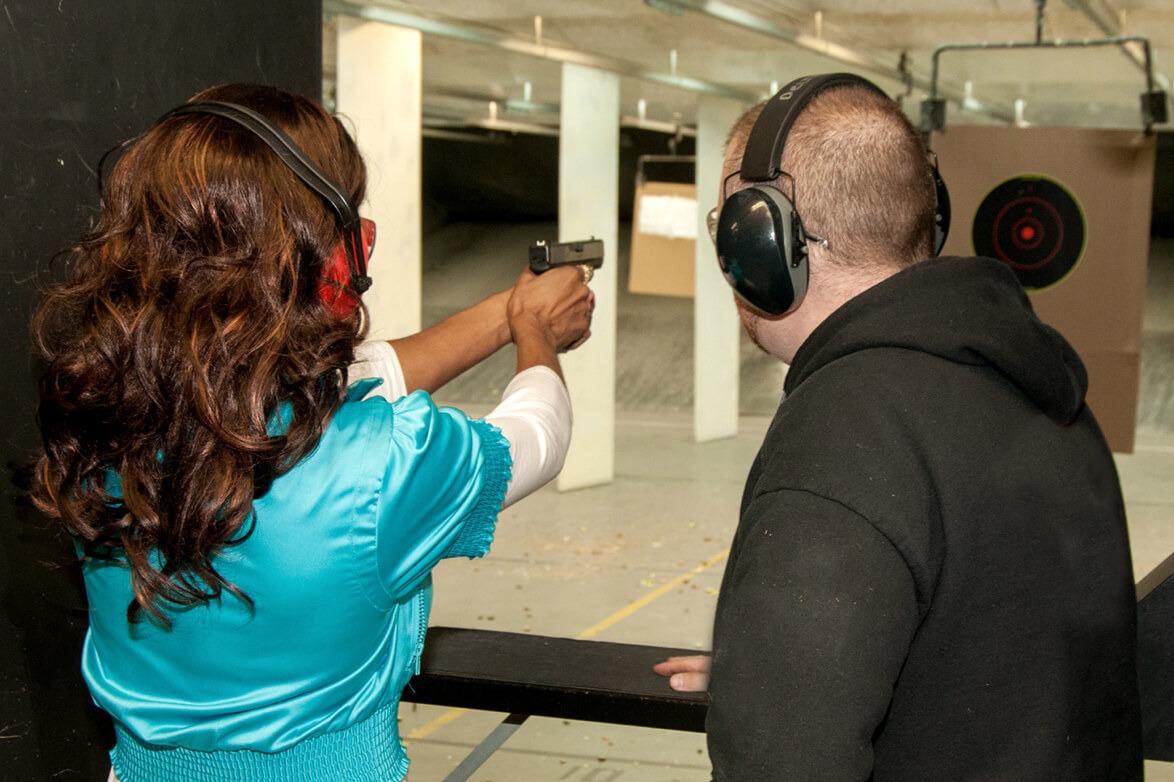 Back to News
Back to News
November 8, 2021
Early Analysis Suggests SCOTUS Striking Down New York’s Restrictive Carry Law
The U.S. Supreme Court heard oral arguments in New York State Rifle & Pistol Association v. Bruen and a decision will likely come next June at the end of the court’s current term. Early reactions suggest the high court is wary of New York’s restrictive “may issue” concealed carry law and is likely to strike it down as unconstitutional.
That would be the biggest victory for the Second Amendment and law-abiding gun owners since the court’s Heller decision more than a dozen years ago.
The Oldest Right Guaranteed.
The Second Amendment was in the bloodstream of the earliest Americans before it was adopted within the Bill of Rights in 1791. Jonathan Turley wrote in a Fox News op-ed before the Supreme Court heard the NYSRPA v. Bruen arguments that the right predates the founding of America. “There are few constitutional rights that have been debated so long in this country as gun rights. Indeed, before other Englishmen were given a written guarantee of the right to bear arms, colonists in Virginia in 1607 were given such a written guarantee by the Crown,” Turley noted. As the court in Heller noted, the Second Amendment didn’t create the pre-existing common law rights to “keep and bear arms,” it protected them by enshrining them in the Bill of Rights. Heller also made clear that the right to “bear arms” means to carry them on your person for self-defense. The Second Amendment is not confined to one’s home.
Today there remain eight states that limit the constitutional rights of law-abiding citizens to obtain concealed carry permits based on “May Issue” circumstantial rules or an official’s discretion. The inconsistency of requiring law-abiding American to obtain a permit has created problems from coast to coast and mostly by the unlawful behavior of those “approving” permits, not the law-abiding citizens applying for them.
In California, a “May Issue” state with strong gun control laws, corruption is rampant. The District Attorney in Santa Clara County indicted four people, including within the Santa Clara County Sheriff’s office, of bribery and conspiracy. In a higher profile case, Apple, Inc.’s Chief Security Officer was indicted last year on similar bribery charges. He promised 200 iPads to a sheriff’s office in exchange for four concealed weapon permits for Apple employees.
The “May Issue” corruption is rampant in New York as well, where NYSRPA v. Bruen originated. Federal prosecutors uncovered a pay-to-play scheme within the New York Police Department’s licensing division where workers were paid thousands of dollars to rubber-stamp carry permits and four officers were arrested. In these “Shall Issue” states, it’s too easy for bureaucrats to play “Constitutional rights for me, not for thee.”
What They’re Saying.
Reactions following oral arguments in NYSRPA v. Bruen last week were quick. The decision is months away but based on the oral argument it seems likely that the law will be struck down. That’s the feeling from all sides based on media reports.
A headline from The Hill reads, “Supreme Court seems wary of NY gun limits.” During the hearing, Justice Brett Kavanaugh questioned New York’s solicitor general why the discretionary law should stand. “Why isn’t it good enough to say I live in a violent area, and I want to be able to defend myself? With any constitutional right, if it’s up to the discretion of an individual officer, that seems inconsistent with an objective constitutional right.”
Stephen Halbrook in the Wall Street Journal agreed, asking and answering, “When is a Constitutional right not a right? When you need an official’s approval to exercise it. That’s what New York’s pistol permit law does.”
Former U.S. Solicitor General Paul Clement argued for permit applicants and NYSRPA and echoed that thinking. He told the the Court, “At the end of the day, I think what it means to give somebody a constitutional right is that they don’t have to satisfy a government official that they have a really good need to exercise it or they face atypical risks.”
New York’s Democratic Governor Kathy Hochul, a staunch gun control supporter who wasted no time implementing more gun control laws on New Yorkers, voiced her fear with the possible outcome of the case. The governor worried, “The spectacle of thinking New Yorkers can walk around with a gun concealed on our subways and into our delis and into our restaurants and into our entertainment venues—that is not the New York I want to live in.” If she followed the case proceedings, she’d have her answer.
Justice Samuel Alito asked N.Y. Solicitor General Barbara Underwood, “How many illegal guns were seized by the New York Police Department last year? All these people with illegal guns, they’re on the subway, they’re walking around the streets. But the ordinary, hard-working, law-abiding people I mentioned, no, they can’t be armed?”
Even the Washington Post opinion page, no posterboard bastion of gun rights, lamented the Court’s possible decision. “The Supreme Court is apparently preparing to send us a message: No matter where you live, no matter what you and your neighbors feel, you’ll have to live with the idea that just about anyone who wants to will be able to carry a gun in your community.”
Americans are on a historic span of buying firearms. Industry data shows the gun owning population is the most diverse ever and growing by the millions. As more states have adopted concealed carry, the number of carry permit holders has increased seven-fold in the last 20 years and a major reason law-abiding Americans give for purchasing their first firearm is for self-defense. The U.S. Supreme Court is poised to solidify their right to do so and hand down a major rebuke to bureaucrats who feel it’s their privilege to deny that right.
Categories: BP Item, Featured, Government Relations, Industry News, Media, Safety, Top Stories






